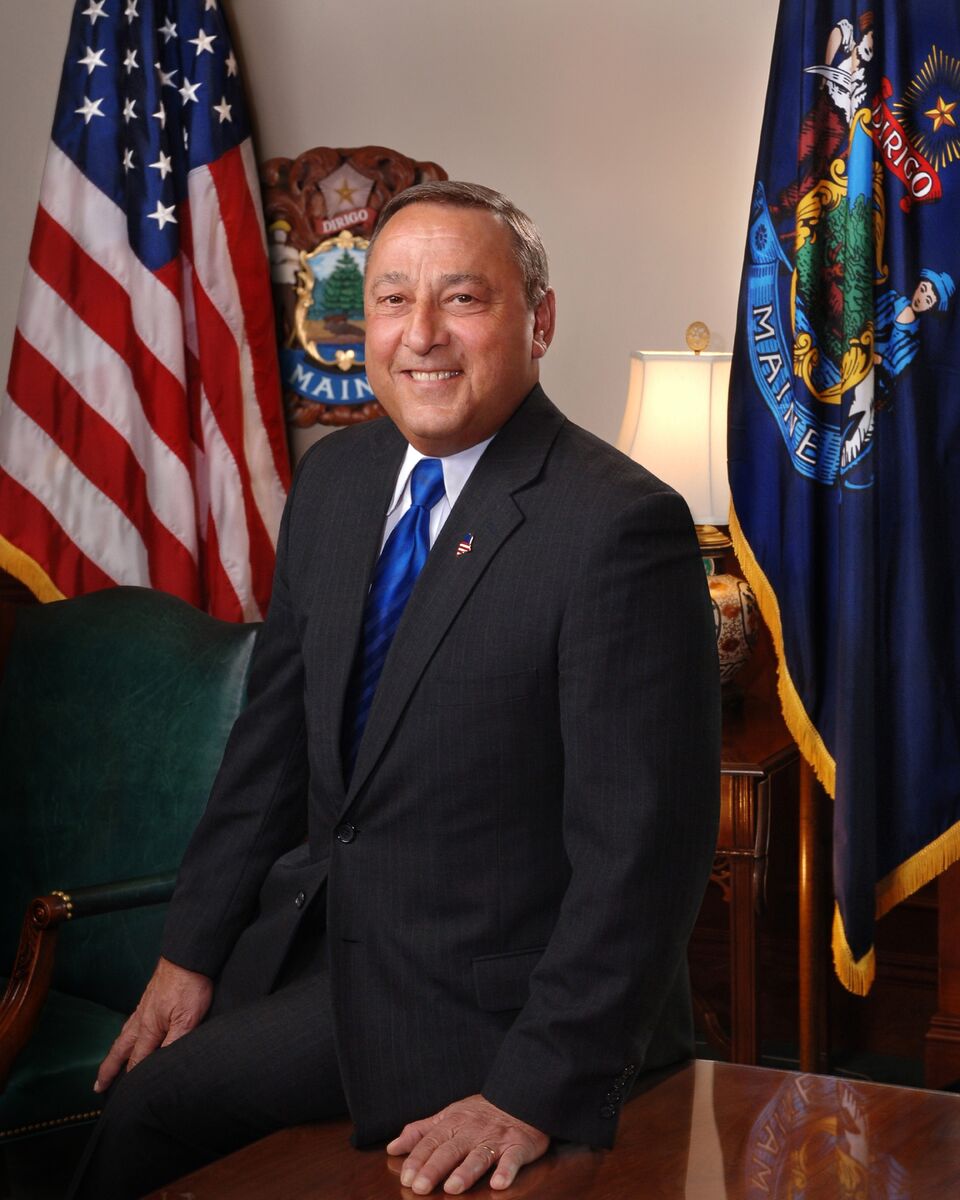Maine, which once led the nation in dependence on government welfare, is taking yet another step forward to fix its welfare system.
After six years of tackling tough welfare problems, Maine’s governor, Paul LePage, recently introduced a bill to further overhaul taxpayer-funded benefits programs. The Welfare Reform for Increased Security and Employment (RISE) Act would reinvent Maine’s welfare system to put work first, protect benefits for the truly needy, and make welfare a temporary hand up, not a lifetime handout.
LePage is no stranger to poverty himself. One of 18 children, LePage fled home at eleven to escape an abusive father. He spent time living on the streets and in cars, working odd jobs, and learning English as a second language. LePage’s rise from the streets to the Blaine House taught him broad lessons that he has applied to Maine’s welfare programs.
Governor LePage learned firsthand that the way out of poverty is not government welfare but personal responsibility, employment, and community support.
Applying these lessons learned, LePage has transformed Maine into a national leader tackling the welfare-dependency crisis. In 2011, one out of three Mainers was on welfare, and Maine was leading the way in many measures of dependency; it ranked in the top six for percentage of the population on food stamps, cash welfare, and Medicaid enrollment.
Read more at National Review….



